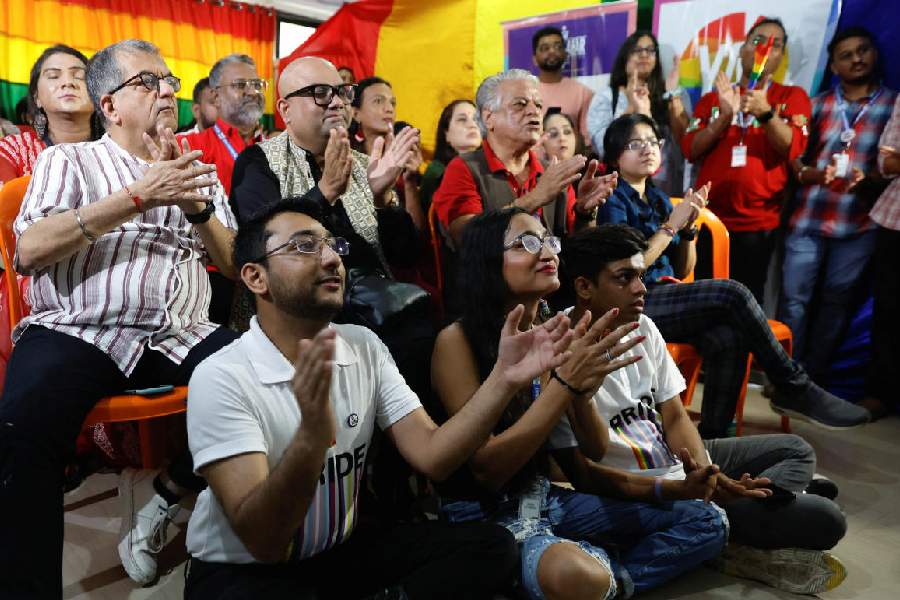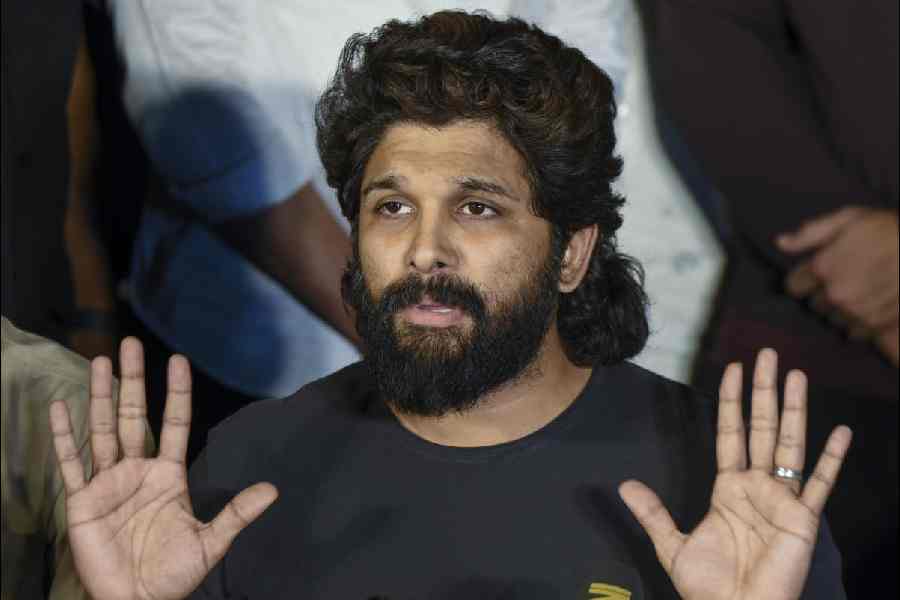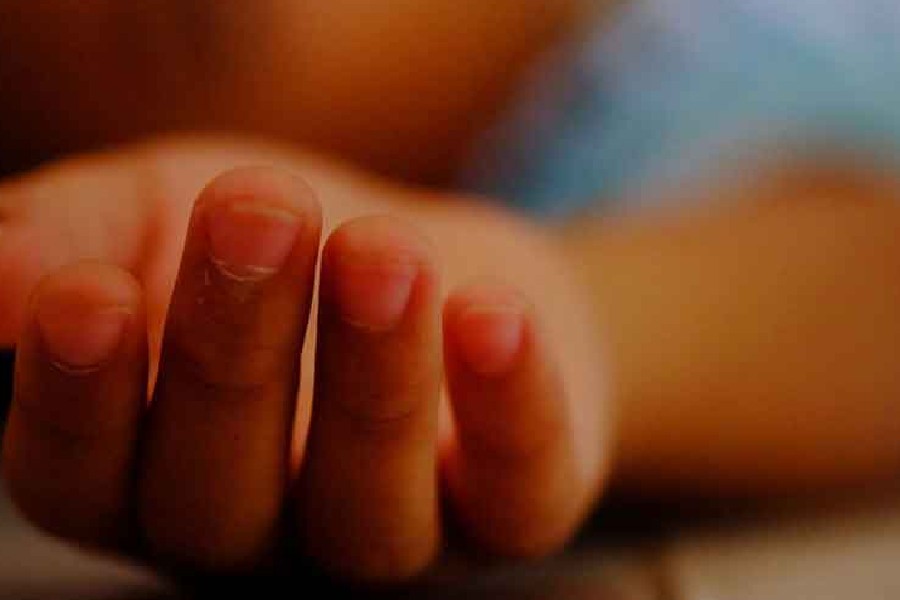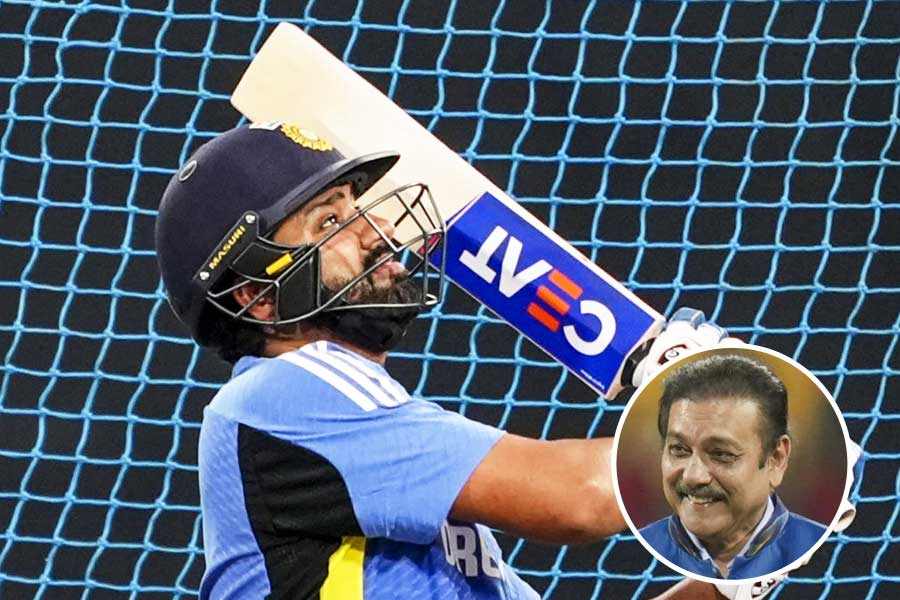The LGBTQ community has the right to marry and also adopt children like any heterosexual couple, the minority judgment of Chief Justice D.Y. Chandrachud and Justice Sanjay Kishan Kaul of the Supreme Court said on Tuesday.
Although the minority view can be used as a reference in future judicial arguments, it does not have any binding effect.
The minority judgment said the Constitution does not expressly recognise a fundamental right to marry, yet several facets of the marital relationship are reflections of constitutional values, including the right to human dignity and the right to life and personal liberty.
Conscious of judicial limitations as laws to provide succour to the LGBTQ community can only be enacted by the legislature, the minority judgment observed: “This Court cannot either strike down the constitutional validity of the SMA (Special Marriage Act) or read words into the SMA because of its institutional limitations.... The Court in the exercise of the power of judicial review must steer clear of matters, particularly those impinging on policy, which fall in the legislative domain.”
It added: “The State has an obligation to recognise such unions and grant them benefit under law…. The right to enter into a union cannot be restricted based on sexual orientation. Such a restriction will be violative of Article 15 (that prohibits discrimination against citizens). Thus, this freedom is available to all persons regardless of gender identity or sexual orientation.”
It pointed out that transgender persons in heterosexual relationships have the right to marry under existing law, including personal laws which regulate marriage, hence the State must frame suitable laws to ensure that LGBTQ persons are allowed to marry under the Constitution and enjoy rights related to adoption and inheritance.
The minority view said the reference to a “couple” in Regulation 5 of the Central Adoption Resource Agency (CARA) must include both married and unmarried couples as well as queer couples for being eligible to adopt a child.
Justice Kaul said: “The Union government, state governments and Governments of Union Territories shall not discriminate against the freedom of queer persons to enter into union with benefits under law.”
The minority judgment also issued the following directions:
The Union government, state governments and governments of Union Territories are directed to:
1. Ensure that the queer community is not discriminated against because of their gender identity or sexual orientation
2. Ensure that there is no discrimination in access to goods and services to the queer community, which are available to the public
3. Take steps to sensitise the public about queer identity, including that it is natural and not a mental disorder
4. Establish hotline numbers that the queer community can contact when they face harassment and violence in any form
5. Establish and publicise the availability of “safe houses” or Garima Grehs in all districts to provide shelter to members of the queer community who are facing violence or discrimination
6. Ensure that “treatments” offered by doctors or other persons, which aim to change gender identity or sexual orientation are ceased with immediate effect
7. Ensure that inter-sex children are not forced to undergo operations with regard only to their sex, especially at an age at which they are unable to fully comprehend and consent to such operations
8. Recognise the self-identified gender of all persons including transgender persons, hijras, and others with sociocultural identities in India, as male, female, or third gender.










